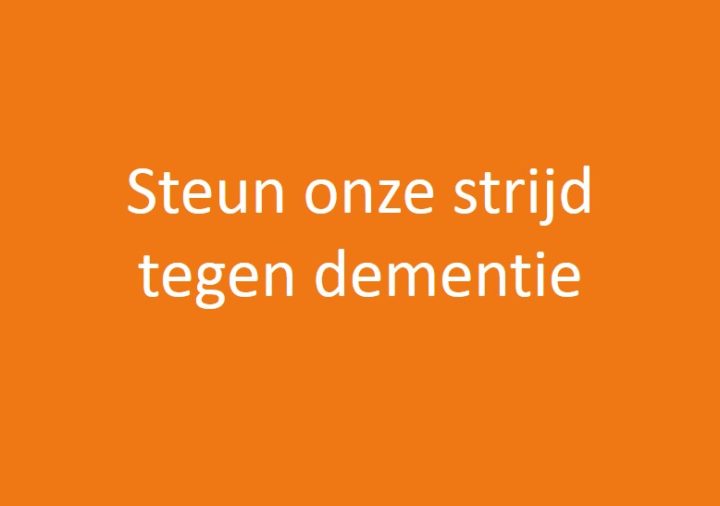Amsterdam IADL Questionnaire
Introduction
The Amsterdam IADL Questionnaire (A-IADL-Q) is an adaptive and computerized questionnaire designed to assess impairments in instrumental activities of daily living (IADL) in (early) dementia. The questionnaire is completed by a caregiver, such as a relative or friend.
The A-IADL-Q was developed in a memory clinic setting, with input from patients and caregivers, experts and researchers [1]. It was demonstrated to be both a reliable and valid instrument in the evaluation of dementia [2]. For the clinical application, it was found to have a good diagnostic value [3] and be sensitive to capturing changes over time [4].
The original questionnaire consists of 70 items in seven categories, the administration time is approximately 20-25 minutes. A recently developed short version (A-IADL-Q-SV) consist of 30 items in the same seven categories. The administration time of the short version is approximately 10 minutes shorter, thus making it more user-friendly. It was found that, although significantly shorter, the A-IADL-Q-SV, maintained the psychometric qualities of the original version [5].
Content of the questionnaire
The A-IADL-Q (-SV) assesses impairments in a broad range of daily activities. Activities were chosen to be suitable for both men and women and for different age groups. More up-to-date activities related to everyday technology use were also included.
- household activities (for example doing groceries or cooking)
- household appliances (for example using the microwave or dishwasher)
- finances (for example paying bills)
- work
- computer (for example using internet or word processing programs)
- appliances (for example using the remote control or new appliances)
- leisure activities (for example driving or playing games



